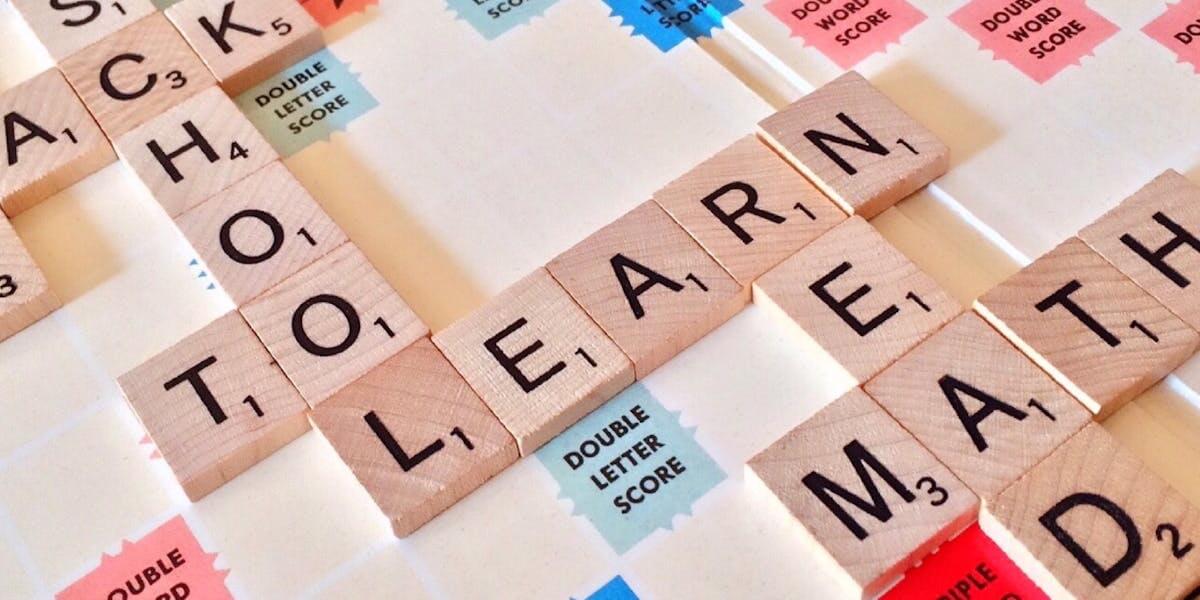When children with disabilities are suspended from school, or otherwise facing discipline at school, they are entitled to additional protections under the Individuals with Disabilities Education Act (IDEA) than their non-disabled peers. In addition to the notice requirements, informal conference, and superintendent’s hearing that non-disabled students are entitled to, school districts are required to conduct what’s called a manifestation determination review (MDR) when a student with a disability faces suspension.
If your child is currently facing school discipline, you may be asking, “what is a manifestation determination review, and how do I prepare for one?”
Manifest determination reviews, known as MDRs, are crucial in ensuring that children with disabilities are not unfairly disciplined for behaviors that are directly related to their disabilities.
When a child with a disability is suspended from school, the MDR is held to determine whether the behavior that caused the suspension was a manifestation of the child’s documented disability.
If, during the MDR, it is determined that the behavior was a manifestation of the child’s disability, the student will be allowed to return to school and the suspension will be expunged.
However, if at the MDR it is determined that the behavior was not a manifestation of the child’s disability, the case will continue to the superintendent’s hearing, where a hearing officer will determine whether the child is “guilty,” and further, whether to impose any additional discipline.
Ready to book your consultation? Click below to pay our consultation fee and book your meeting with an attorney today!
Though they may seem straightforward, MDRs are formal school proceedings and often contain complicated nuances, with potentially high consequences if not handled correctly. Therefore, any time you are interacting with your child’s school in a formal process, you should have a dedicated and knowledgeable education lawyer by your side to ensure that the education laws in New York State and under the IDEA are being followed.
Circumstances that trigger MDRs
Educational institutions are required to hold MDRs under three circumstances:
- when a disabled child is suspended more than 10 days in a row;
- when a disabled child has been suspended three or more times within 40 days, with the total suspension days equal to 11 or more days within the 40-day period; or
- when there have been two or more suspensions during a school year that equal 11 or more removal days within the school year, and there is a pattern in the child’s behavior that caused the removals.
How to prepare for an MDR
To properly prepare for an MDR, every interested party must be involved, including the student’s parents, teachers, special education specialists, and any doctors or therapists who may provide insight.
Prior to attending an MDR, the parent/guardian should gather any relevant information about the incident and your child’s disability. This may include
- the child’s individualized education plan (IEP) or 504 Plan and any evaluations conducted for the IEP or 504 Plan;
- any documentation regarding the incident and your child’s behavior (incident report);
- video, statements, progress reports, evaluations, behavior intervention plans (BIPs);
- functional behavioral assessments (FBAs), etc.);
- any previous MDR worksheets; and
- any reports or letters from your child’s care providers.
What happens during an MDR?
The MDR team will review all relevant documents for the proceeding, examine the child’s disability class and look to the specifics of the suspension incident itself, such as the events leading up to the incident.
The MDR team is tasked with answering two key questions:
- Is there a connection between the behavior that led to the suspension and the child’s disability?
- Did the school follow the child’s current IEP or BIP? If not, did the behavior happen because they were not receiving all the services in the IEP or BIP?
If it is found that there is a connection between the child’s disability and the behavior that resulted in suspension, or if it is found that the school had not been following the child’s IEP, then the suspension incident is ruled to be a manifestation of the child’s disability, and the child may return to their normal daily school routine, with the suspension expunged from their record.
You can contact us 24 hours a day, 7 days a week via phone at 8885294543, by e-mail at info@tullylegal.com or by clicking the button below:
If the MDR team finds that the behavior that led to the suspension was not a manifestation of the child’s disability, the suspension holds, and the child may not return to school until the end of the suspension period. Once the MDR is complete, the student will participate in the superintendent’s hearing, where it will be determined whether the student is “guilty” of the charged conduct. At this stage, if found guilty, the superintendent has the authority to impose an additional suspension, on top of the original suspension, if the superintendent believes it is warranted.
It is important to note that not only students with IEPs or 504 plans are entitled to the protections of an MDR. So long as the school district was aware that the student had a disability before the behavior that led to discipline, the student is entitled to participate in an MDR to protect against unwarranted discipline.
With so many parties involved, it may benefit you to ally yourself with someone experienced with MDRs to help guide you through them. Further, if you disagree with the outcome of an MDR, a knowledgeable education attorney can assist with your request for an expedited hearing. At Tully Rinckey, our education attorneys are experienced with MDRs and can help at every step of the way.
Sivan Zak is an associate with Tully Rinckey PLLC’s White Plains, NY, office, where she practices education law. Prior to joining Tully Rinckey, Sivan worked for the New York City Department of Education’s Special Education Unit as an agency attorney interne. There, she dedicated her time to investigating and litigating special education cases filed against the City for allegations of Free Appropriate Public Education (FAPE) violations under the Individuals with Disabilities Education Act (IDEA). She can be reached at info@tullylegal.com or at 8885294543.








